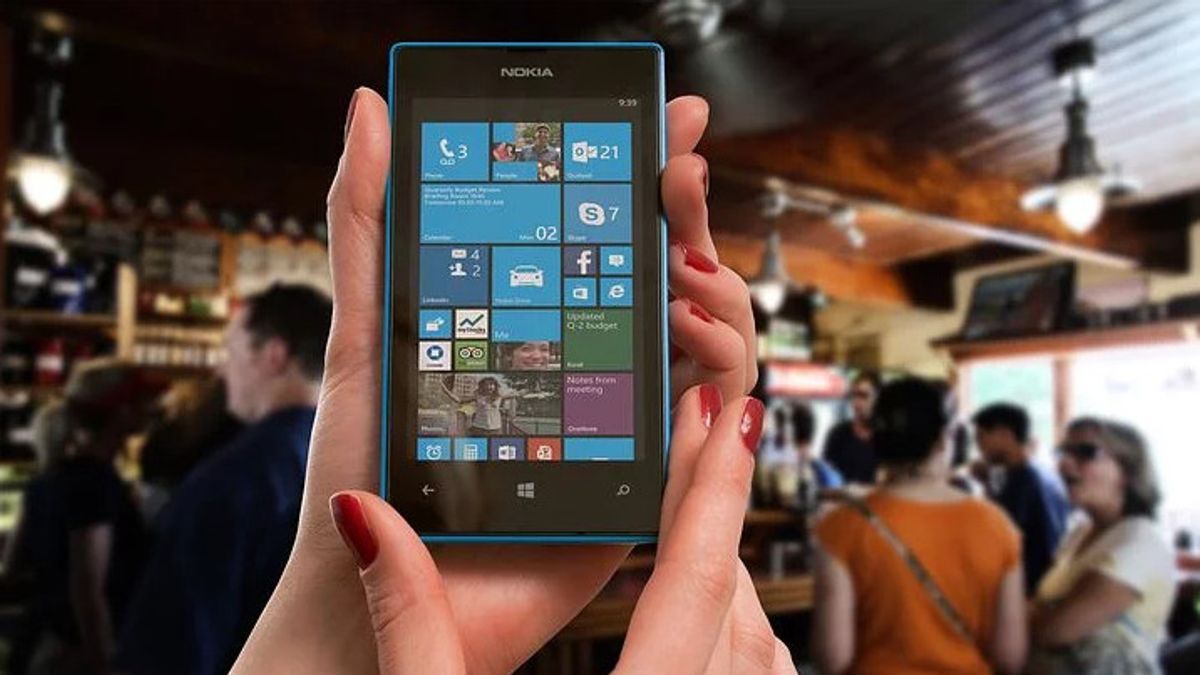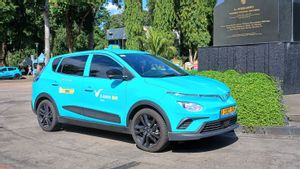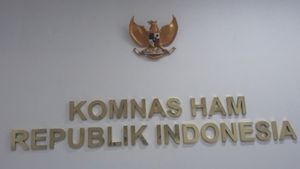JAKARTA - The development of technology is increasing rapidly. Seeing this, Nokia decided to partner with the chipset company Intel to fix the 5G network on its devices. The demands from the Finnish government also led the cellphone manufacturer to take this big step.
"This important announcement highlights our continued commitment to expanding the variety and utilization of ReefShark chipsets in our portfolio," said President of Nokia's Mobile Networks, Tommi Uitto.
The agreement covers technology development and aims to enhance Nokia ReefShark's system on a chip (SoC) capabilities used to power radio access technology (RAT).
The idea is that by combining multiple functions into a single chip, ReefShark can reduce the size, cost and energy consumption of each base transceiver station (BTS), also helping operators realize the full operational benefits of 5G connectivity.
However, Nokia's 5G strategy has come under scrutiny from the media and investors. The high cost of developing 5G technology and intense competition in the sector have resulted in the company cutting its financial outlook and stopping dividends in recent times.
Unfortunately, when this agreement was official, Nokia CEO Rajeev Suri said he was resigning to be replaced by Pekka Lundmark.
The company hopes that the announcement of this offer will bring about major changes to its device technology and thus ease concerns over Nokia's sinking sales from its competitors.
Nokia says it is committed to developing the ReefShark platform and will work closely with Marvell to create several generations of dedicated silicon and infrastructure processors. It will combine Nokia's wireless technology with Marvell's multi-core ARM processor platform.
“This ensures that our 5G solutions are equipped to provide best-in-class performance to our customers. As service providers continue to develop their 5G plans and support new traffic and service vertical growth, infrastructure and components must evolve rapidly. Adopting the latest advances in silicon technology is an important step to better serve the needs of our customers, "added Uitto.
Nokia will also collaborate with Intel on silicon technology and ship a variant based on the 5G AirScale technology powered by Intel Atom. The mobile phone vendor will also use Intel's second-generation Xeon scalable processor in its AirFrame data center.
"5G networks need to support billions of devices and machines, and this massive increase in volume and scale means that existing infrastructure and components must develop rapidly, adopting technology and techniques to enable the rapid deployment of 5G networks," said Uitto.
Intel also promises to support operators to meet critical 5G network needs such as high capacity and very low latency. After previously they launched new products, namely the Xeon Intel Atom P5900 chip and the 10Nm base station chip.
The second-generation Intel Xeon scalable processor functions to support core network virtualization. The chip offers an average 36 percent performance increase, enhanced hardware security, and a built-in encryption accelerator.
The English, Chinese, Japanese, Arabic, and French versions are automatically generated by the AI. So there may still be inaccuracies in translating, please always see Indonesian as our main language. (system supported by DigitalSiber.id)













